Coaching Mastery Training For Leaders
In modern organisations, coaching is applied in three ways to develop people. Top and middle management are provided with professional coaching services, internal coaches are trained for employee development, and leaders at all levels are taught a coaching style of management.
The course prepares participants to implement all three approaches. It trains a high level of skills for internal coaches, provides tools for coaching management, and lays the foundation for professional coaching skills. Additionally, the skills acquired also help in managing relationships, solving complex situations, and successfully making sales.
Leaders who have participated in previous courses have achieved an increase in employee initiative, fewer “fires” to put out, successful implementation of changes, a good internal climate, and satisfaction with their work.
Coaching skills cannot be acquired by reading books but are learned through experience. Therefore, the course is very practical, and participants have ample opportunities to try out different techniques, recognize what works and what doesn’t, and thereby encode the new skills into their “cell memory”.
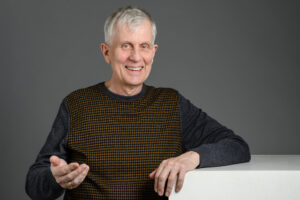
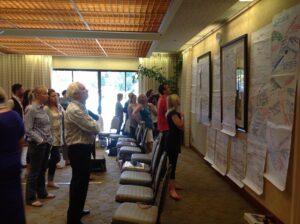
We call the course a masterclass because it is led by two ICF Master Certified Coaches: Duncan Coppock and myself, Ivar Lukk. We share skills acquired through years of experience and create a memorable learning journey.
Duncan Coppock is an exceptional coach and mentor who has trained hundreds of coaches to become International Coach Federation certified. Duncan is a “brain surgeon” of coaching methodology, capable of deconstructing communication to its fundamental elements with his “scalpel” and reassembling them in the best form. Just experiencing a part of his training on listening and questioning can profoundly transform communication skills.
Duncan’s knowledge and experience are awe-inspiring. He has been coaching since 1998, working with leaders in the USA, Australia, five European countries, Malaysia, Singapore, and Russia.
In the foreword to Duncan’s book “The Self Factor. The Power of Being You. A Coaching Approach”, 2005, John Whitmore, one of the founders of coaching methodology, says: “It is rare for me to come across a book with which I agree so wholeheartedly. The only difference is the style; Duncan is more systematic and thorough than I am.” Duncan explains his dedication to teaching coaching HERE.
As the course’s second trainer, I bring over 30 years of top management experience, neurolinguistic programming skills at the NLP Master Practitioner level, and more than 3500 hours of experience in both individual and team coaching of leaders.
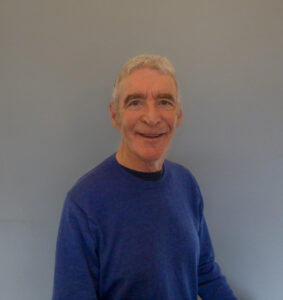
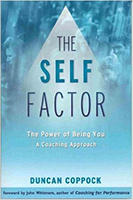
Detailed course information
The course is highly flexible! It consists of 2 modules (a total of 70 academic hours, of which 48 academic hours are in-person seminars, 8 academic hours are online sessions, and 14 academic hours are independent work and coaching practice). By the end of the course, learners will:
- Be familiar with the International Coach Federation (ICF) coaching competencies.
- Be able to conduct structured coaching sessions using models learned during the course.
- Be able to analyse the coaching process.
- Know when to apply coaching leadership.
- Be able to implement coaching conversations in leadership.
To successfully complete the course, participants must attend at least 85% of the in-person sessions (seminar room trainings + webinars) and complete 100% of the prescribed practice. Acquisition of coaching competencies and coaching conversation skills in leadership situations are assessed through observation during the practical exercises conducted in the in-person sessions. For the independent coaching practice sessions, participants will write a self-analysis in a given format.
The price of the Coaching Mastery Training for Leaders is 2350 EUR + VAT (if applicable).
The price of the follow-up course, Professional Coach, is 1350 EUR + VAT (if applicable). It includes 10 mentoring hours required for applying for the ACC credential from the ICF.
If, after registering for the course and paying the fee, there are obstacles to participating, it is possible to join the next training group. The course fee is non-refundable.
To register for the training, please send an email to ivar@ivarlukk.com indicating the name(s) of the participant(s), employer, position, email address, and details of the payer for the training.
Your email will be responded to within three working days at the latest. You may also call +372 5177474 to ask any questions or get more details about the courses.
